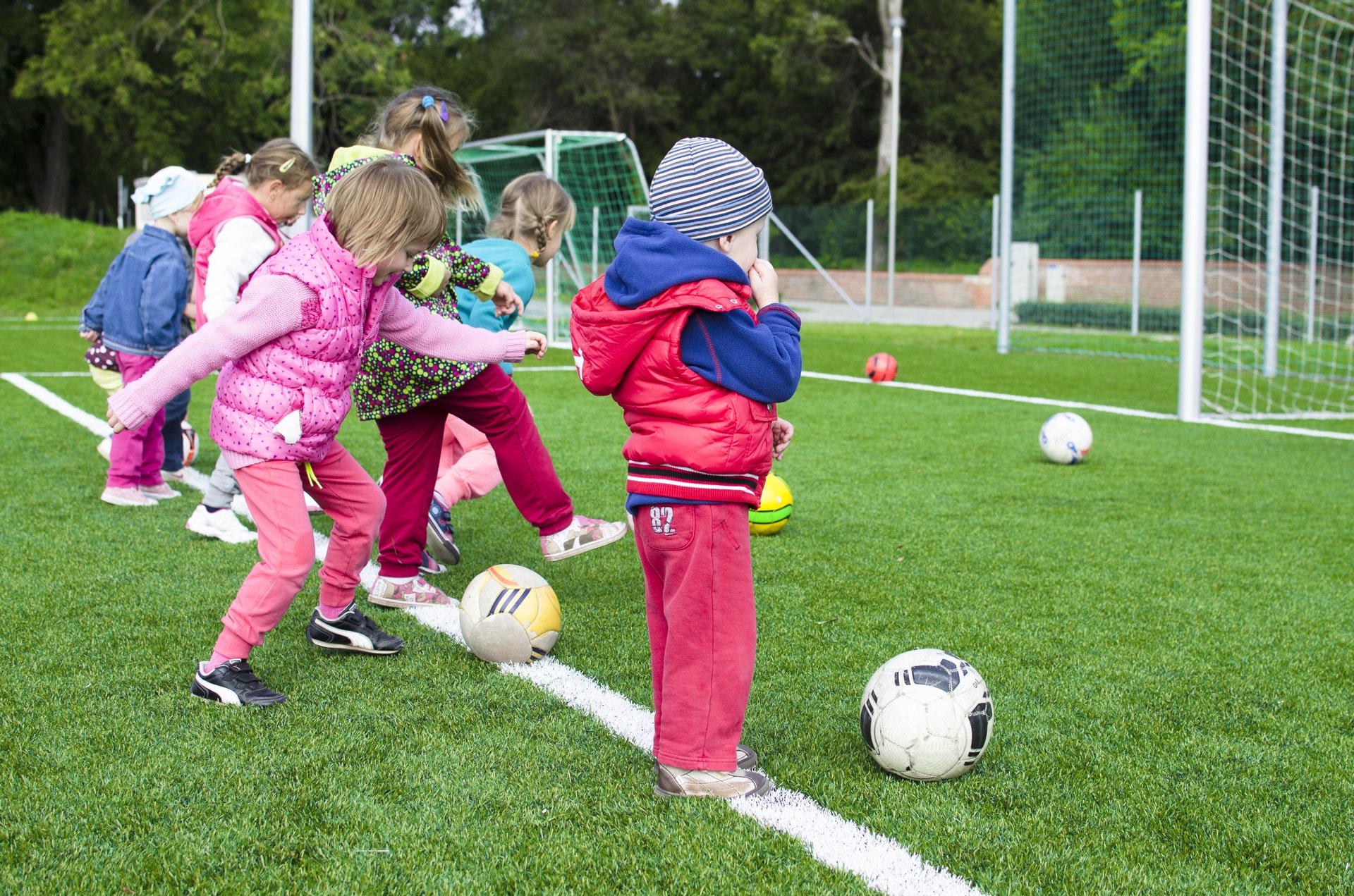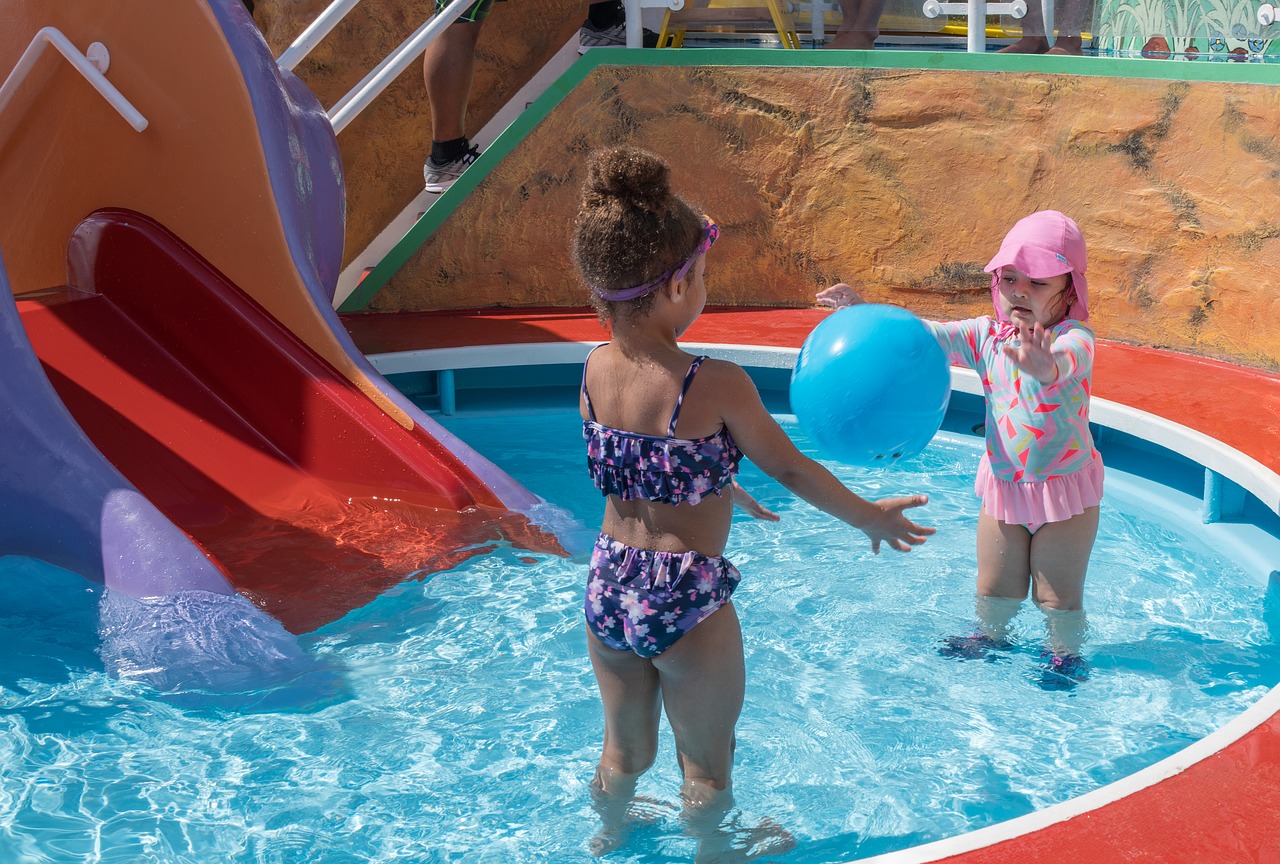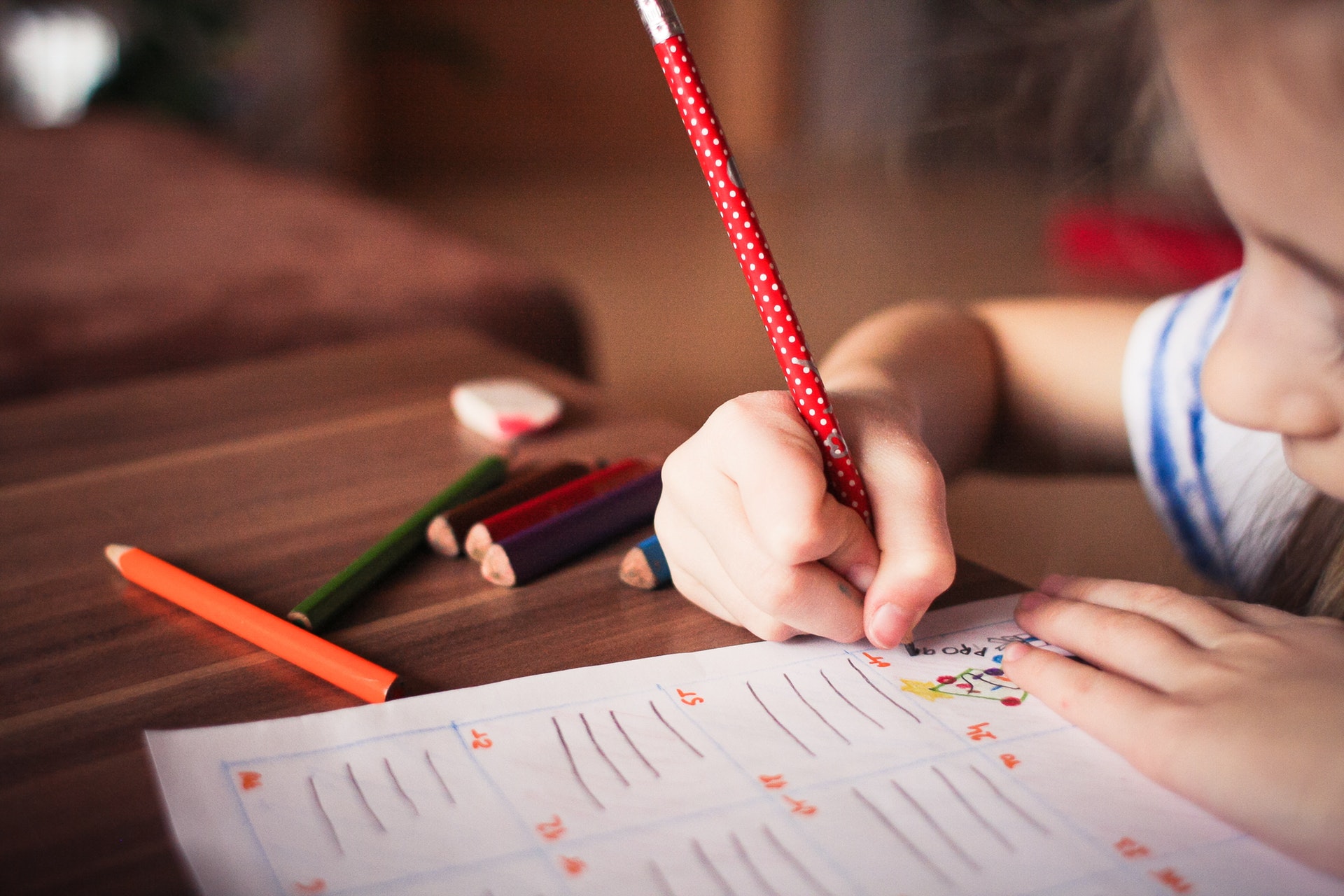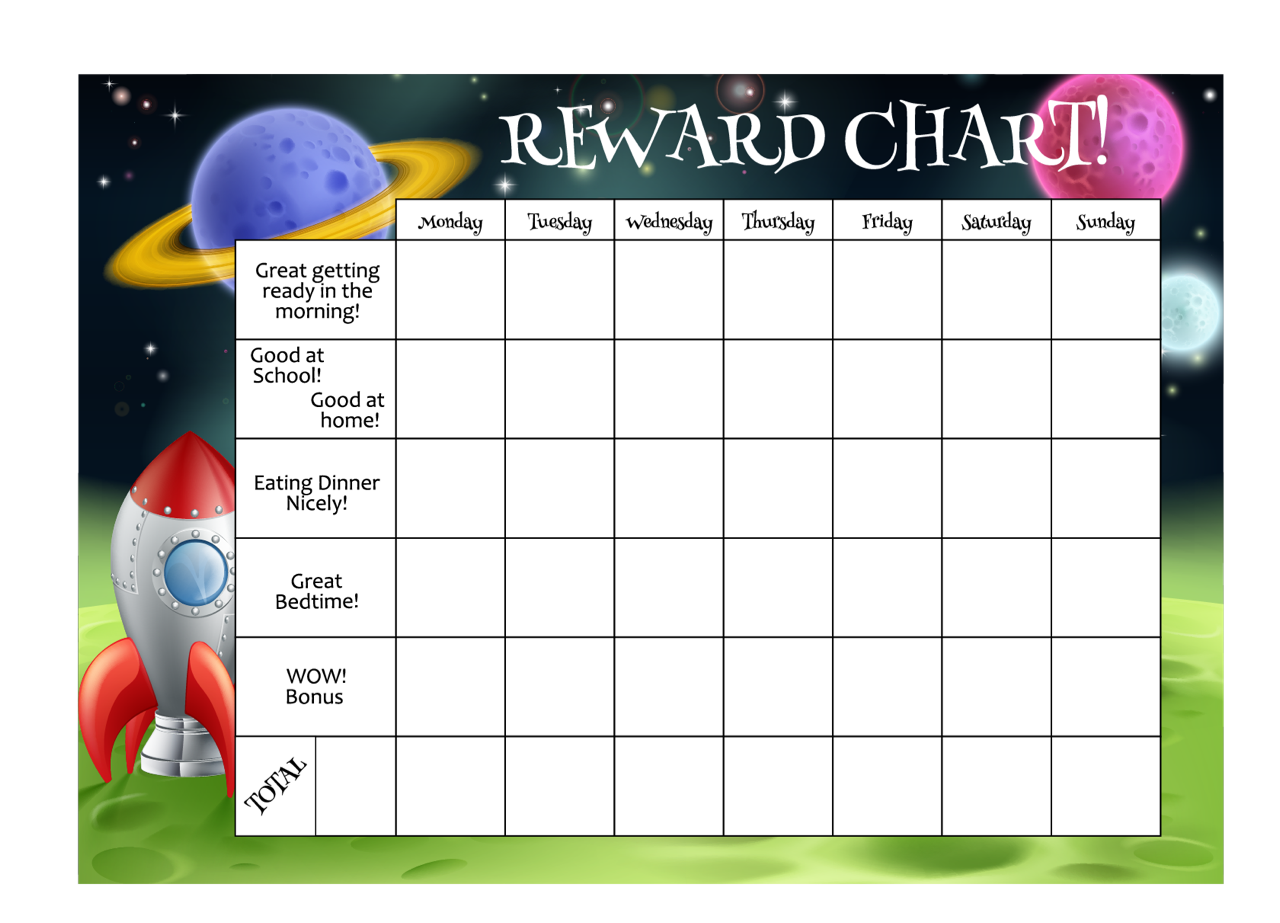Summer vacation can be an opportunity for fun-filled, educational, and relaxing quality time with our children. On the other hand, it can also be filled with boredom, tantrums, overstimulation, and maybe too much quality time. A little preparation and some helpful guidelines can lead to more of the former and less of the latter. Here are a few ideas:


Structure
Losing the structure and routine of the school year can be an unexpected challenge for many children and families. Before the summer begins, consider creating a visual schedule or plan for the summer. A family calendar can be filled with daily and weekly goals, activities, summer camp schedules, vacations, and appointments. Children also function best when following a consistent daily routine, whether it is during the school year or summer months. Age-appropriate chores can be part of that routine. Chores keep children active and busy, promote responsibility, and provide structure and consistency. It is also important to keep bedtime and sleep hours as consistent as possible. Although some flexibility is necessary in the summer, adequate sleep is one of the most important ways of preventing problems. When the monthly schedule and daily routine for the summer have been determined, keep all family members and childcare providers informed.
Exercise
Most people acknowledge the health benefits of exercise for children. However, not everyone is aware of the behavioral and emotional benefits as well. Exercise stimulates the brain and releases endorphins. This has a powerful positive effect on children. The brain stimulation improves focus, motivation, self-control, memory, and emotional well-being. Endorphins boost enegery levels and make us feel happy. Exercise also improves nighttime sleep and serves as a positive distraction during the day. The summer provides ample opportunity for exercise – swimming, playgrounds, bike rides, sports camps, and plenty of time to play outdoors.



Academics
While it certainly does not need to be the focus of the summer months, there is no reason why children should stop learning and practicing what they have learned. It is common to forget information that has been learned after the school year ends, requiring unnecessary time spent reviewing and re-learning when the next school begins. Instead, the summer can be utilized as a time to practice skills, catch up in areas that are delayed, and even learn something new. This can be accomplished without shifting the focus away from fun and relaxation. Start by scheduling a meeting or phone conversation with your child’s teacher at the end of school year. Identify areas of concern and set small, manageable goals for the summer. Schedule daily “learning time” in your child’s routine. Provide small amounts of work to complete during this time, keeping it brief (20-30 minutes)
and varying work each day. Purchase low-cost and grade-specific workbooks, print free worksheets that are found online, or create a binder with worksheets that the teach or school has provided. “Learning time” can also be used for tutoring or educational computer games and apps. For students who are exceeding in school, the summer can be a time to further their knowledge and keep them intellectually challenged. Consider enrichment programs, special projects, foreign languages, and educational summer camps. For students of all abilities, the summer is a perfect time to make learning hands-on and fun. Visit museums, plan science experiments at home, take a trip to the zoo, cook and bake together, attend weekly library programs, go on nature walks, ask for a free tour of the fire station, and find ways to incorporate learning into daily life.


Behavior
Following the guidelines above will certainly reduce the amount of behavior problems that occur. However, it will not eliminate them. The summer break is a time when children test their parents, become overstimulated, fight with siblings and peers. Start the summer with a set of clearly defined rules and consequences. Discuss expectations with your children before they go into new settings. Keep things as visual as possible – hang up a list of rules, create a behavior chart, and leave written instructions for older children. Be sure to pay attention to good behavior and provide rewards for their efforts (e.g., electronics time, extra bedtime story, movie night). Most importantly, children need adult supervision in the summer time. The rate of injuries and accidents increase significantly in the summer months. Make sure that safety is a priority while your children are having fun!

Lindsay Asawa, Ph.D. is a licensed clinical psychologist and co-owner of Missouri City Family Counseling in Sienna Plantation. She provides consultation and evaluations for all ages, parenting workshops, and business and school presentations. Dr. Asawa can be reached at (832) 844-5576 or drlindsayasawa@gmail.com.


